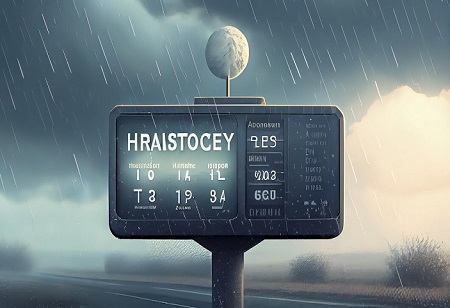Fujitsu and Tokai National Higher Education and Research System have collaborated to research space radiation phenomena, aiming to ensure the safety of human exploration in destinations like the Moon, Mars, and interplanetary space. Through this partnership, they utilized Fujitsu's "Wide Learning" explainable AI technology via the Kozuchi platform to identify conditions associated with solar flares. These flares trigger solar eruptive events, leading to an increase in solar energetic particles, ultimately affecting space weather.
Going forward, Fujitsu and THERS will continue to accelerate research to improve space weather forecasts and support outer space exploration. They shared the outcomes of their joint research at the 2024 Annual Spring Meeting of the Astronomical Society of Japan.
Fujitsu and Nagoya University’s Institute for Space-Earth Environmental Research, a THERS affiliate, have collaborated based on a partnership agreement to advance space weather forecasts and address challenges related to human exploration in space.
Space weather not only impacts activities in space but also affects daily life by causing communication disruptions, satellite positioning disturbances, and influencing air route planning. Consequently, research on space weather observation is becoming increasingly crucial both domestically in Japan and globally.
Solar energetic particles (SEPs), which suddenly form and travel through space following solar flares and coronal mass ejections, have direct effects on satellites, human bodies, and astronauts. Exposure to SEPs in space can result in lethal doses.
To determine the conditions leading to flares that increase SEPs, Fujitsu and THERS utilized Fujitsu's "Wide Learning" explainable AI technology. They analyzed a vast array of data combinations, including flare brightness, occurrence position, and duration, to extract the conditions associated with these SEP events.

